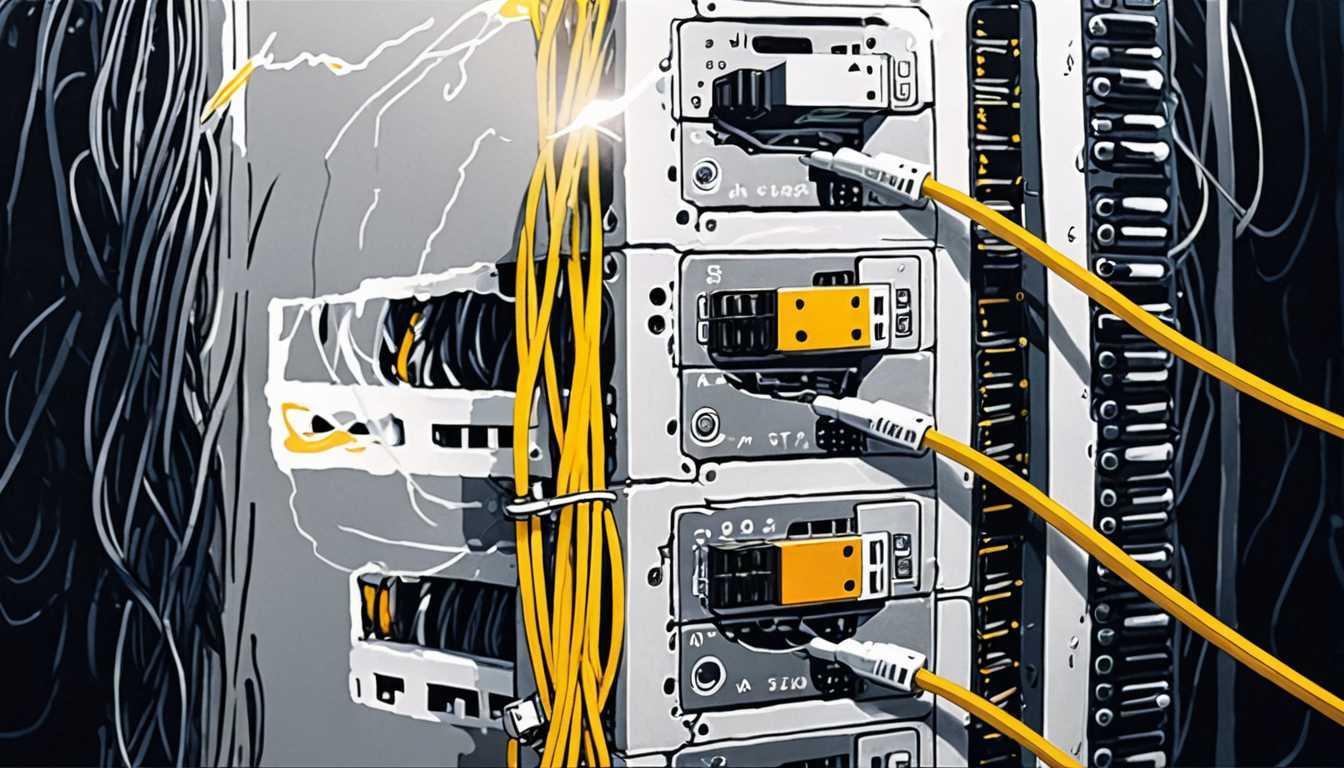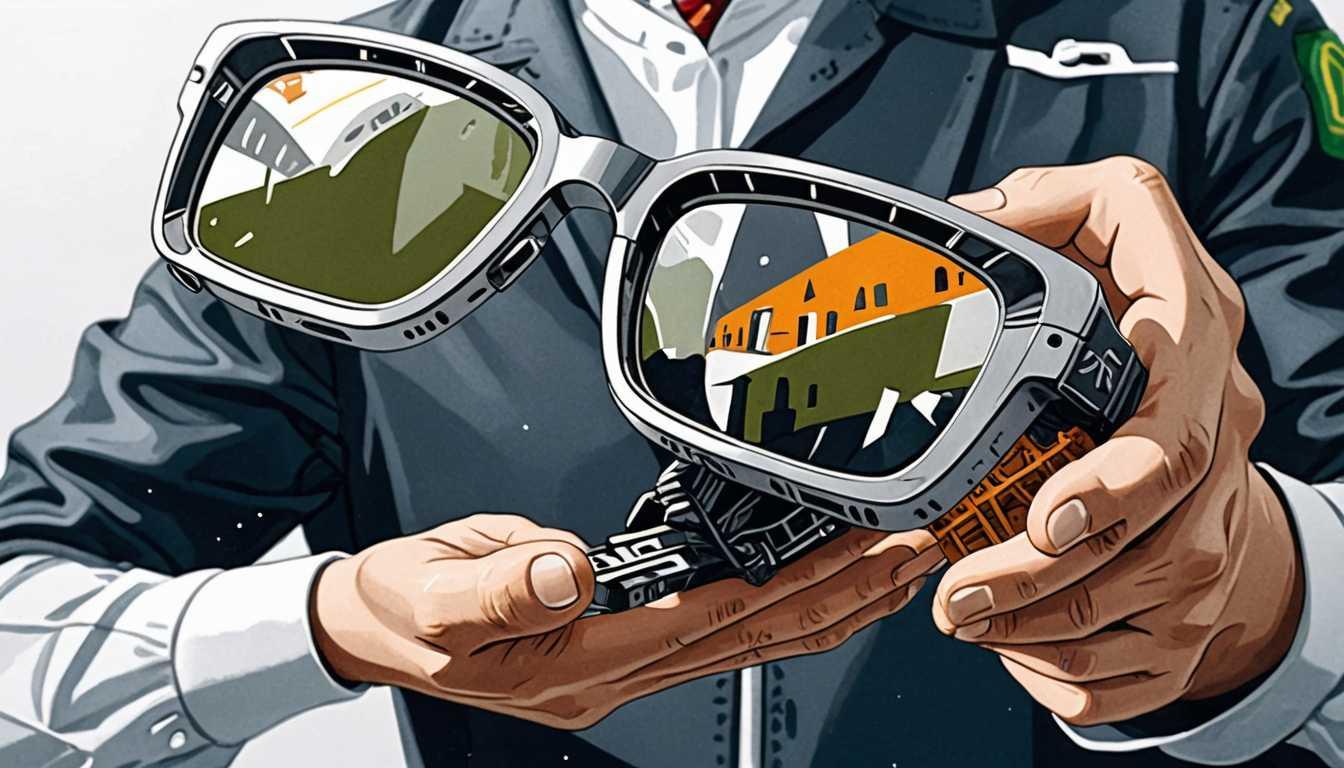Breaking Free from the Laggard's Lock
March 2024
London School of Economics (LSE)
Introduction
Ever wondered why we sometimes use shiny new tech in the same old ways? The London School of Economics shares a lightbulb moment in an article about the laggard’s lock. This quirky term, reminiscent of something out of a magical or adventure movie, describes our struggle to fully embrace and utilize new technologies, thanks to our old-school mindsets. Dive into the fascinating insights from Alby Anand Kurian and Nitin Borwankar, and discover how recognizing this phenomenon is the first step to unlocking technological potential. Spoiler: You might just see the remote uncle in all of us!
READ FULL ARTICLEWhy It Matters
Discover how this topic shapes your world and future
Unlocking the Future
Imagine living in a world where every new invention is used just like the old ones it's supposed to replace. Sounds pretty silly, right? This is exactly what the “laggard’s lock” is all about. It's a concept that shows how we, as humans, often struggle to break free from our old ways of thinking and fully embrace the potential of new technologies. Whether it's sticking to familiar uses of the internet instead of exploring its vast possibilities or using groundbreaking artificial intelligence (AI) in the same old ways, we're all a bit like the amusing story of the "remote uncle" who couldn’t let go of his old habits. Understanding this concept matters because it's not just about technology; it's about how we think, adapt, and innovate. This topic is super relevant to you because, as future innovators, you'll be the ones breaking these locks and shaping the world.
Speak like a Scholar
Laggard’s Lock
The tendency to use new technologies in old, familiar ways, limiting their potential.
Modalities
Different methods or ways of doing something. In this context, it refers to using new technologies in the same way as old ones.
Optimum Potential
The highest or best level of effectiveness that something can achieve.
Incremental Benefit
Small improvements or advantages gained, often by making minor changes.
Latent
Something that is present but not yet visible, active, or realized. It refers to the untapped possibilities of new technology.
Prism of Life
A metaphorical way of describing how we view and understand the world based on our experiences and beliefs.
Independent Research Ideas
The Evolution of Storytelling
Investigate how the art of storytelling has transformed with technological advancements from oral traditions to digital narratives. This topic is fascinating because it explores how technology shapes the way we tell and consume stories.
Resistance to Change in Historical Innovations
Examine historical examples of resistance to new technologies (like the steam engine) and how society eventually adapted. This research could uncover patterns in how humans accept or reject innovations.
The Psychology Behind the “Laggard’s Lock”
Delve into the psychological reasons why people resist using technology to its full potential. This could involve exploring concepts like fear of change, habit formation, and cognitive dissonance.
Artificial Intelligence and Creativity
Explore the potential of AI in creative fields such as music, art, and writing. This topic is intriguing because it challenges the traditional boundaries between human creativity and machine learning.
The Future of Education with Emerging Technologies
Investigate how emerging technologies like virtual reality (VR) and augmented reality (AR) could transform educational methodologies. This area is ripe for exploration because it combines technology, learning, and innovation in ways that could revolutionize how knowledge is imparted and absorbed.
Related Articles

When Cars Meet Smartphones: China's Tech Drive
August 2023
MIT Technology Review

Meet the Eco-Friendly AI Supercomputer!
November 2024
Harvard Gazette

Growing Smarter AI on a Budget
March 2023
Massachusetts Institute of Technology (MIT)

Silent Commands: Future Eyewear Unveiled
April 2023
Cornell University

Innovating with AI: Andrew Ng's Journey
September 2023
MIT Technology Review